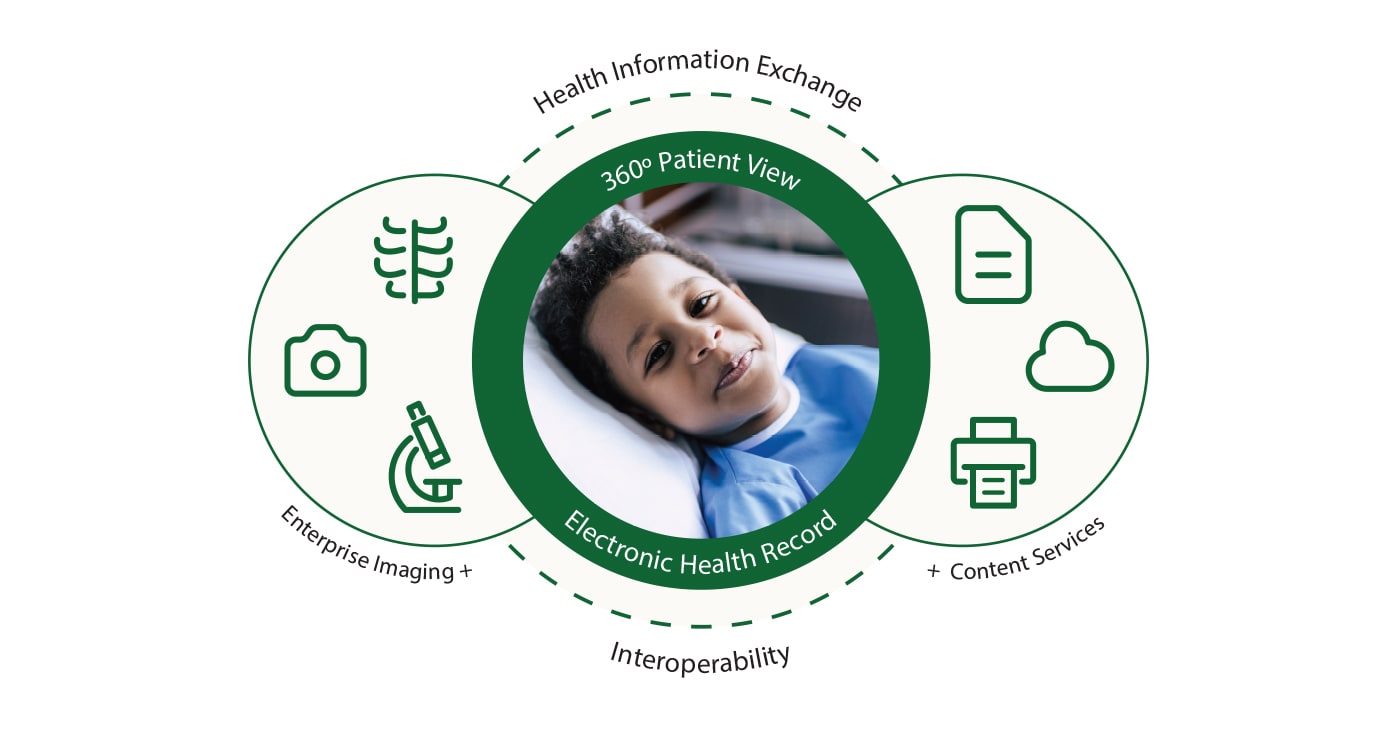Healthcare RCM Providers for Effective Earnings Cycle Administration
Healthcare RCM Providers for Effective Earnings Cycle Administration
Blog Article
Comprehending the Function of Medical Care RCM in Enhancing Monetary Performance and Person Fulfillment
Navigating the intricacies of Health care Earnings Cycle Management (RCM) is crucial for accomplishing optimal economic performance while concurrently elevating person contentment. As we explore the transformative potential of RCM, inquiries regarding its strategic application and future developments beckon, appealing insights that might redefine market requirements and patient experiences alike.

Secret Parts of RCM
In the facility landscape of healthcare, Profits Cycle Monitoring (RCM) is essential in making certain economic security and functional performance. A comprehensive RCM system incorporates numerous essential elements, each playing an important function in the seamless management of a doctor's monetary processes. Patient enrollment and qualification confirmation are foundational actions, making certain that precise individual info is caught and insurance policy coverage is confirmed prior to services are rendered. This lowers the danger of claim rejections and speeds up the reimbursement procedure.

Fee capture is an additional vital element, involving the accurate recording of services provided to clients. It ensures that all billable services are accounted for, thus making best use of revenue capacity. Simultaneously, medical coding translates patient encounters right into standardized codes, which are vital for billing and governing conformity.
Claims submission and monitoring comply with, involving the preparation and entry of claims to payers. This procedure needs meticulous focus to detail to reduce mistakes and protect against delays. Denial management is a proactive method to address and solve rejected cases, protecting earnings streams.
Lastly, repayment publishing and individual collections complete the cycle, making certain settlements are properly taped and exceptional balances are gone after. With each other, these components create a durable structure that supports the functional and financial health of healthcare companies.
Effect On Financial Performance
Effective Income Cycle Monitoring (RCM) considerably influences a health care organization's monetary efficiency by enhancing money circulation and minimizing income leak. RCM encompasses the comprehensive invoicing and collection processes that ensure doctor efficiently manage their economic deals from patient enrollment to final settlement. By improving these processes, companies can decrease refuted cases, quicken settlement cycles, and improve general economic wellness.
Economic efficiency is boosted with meticulous administration of payment treatments, which includes accurate coding and timely submission of claims. This decreases the chance of insurance claim denials and denials, which can considerably impede income circulation otherwise resolved promptly. Additionally, incorporating innovative modern technology services helps with real-time monitoring of cases and economic metrics, giving healthcare managers with the devices necessary to make enlightened tactical decisions.

Enhancing Client Satisfaction
While maximizing monetary performance is a crucial goal of Revenue Cycle Management (RCM), it additionally plays a critical role in enhancing client satisfaction. Clients today demand openness, effectiveness, and precision in their healthcare interactions. RCM systems improve these processes, offering clients a smooth experience from appointment scheduling to settlement. By lowering administrative concerns, RCM allows doctor to focus extra on person treatment, which straight improves person satisfaction.

RCM additionally improves client satisfaction with reliable interaction. By maintaining an extensive data source of client information, RCM assists in improved interaction between individuals and doctor, making certain patients really feel informed and valued. This transparency and availability promote a favorable person experience. On the whole, efficient RCM implementation not just boosts monetary end results but likewise significantly adds to a patient-centered health care atmosphere.
Methods for Reliable RCM
Achieving effective Earnings Cycle Monitoring (RCM) requires health care organizations to implement a collection of tactical methods that guarantee economic stability and functional performance. One crucial approach is the adoption of technology-driven remedies, such as incorporated software systems that improve invoicing processes, minimize errors, and boost information accuracy. These systems enable real-time tracking of financial metrics, permitting for punctual identification and rectification of ineffectiveness.
One more method is the standardization of processes across the income cycle. Healthcare RCM. This entails establishing constant policies for patient registration, insurance coverage verification, and claims processing. By ensuring that all team comply with these requirements, organizations can minimize original site disparities and accelerate settlement collections
Team training and development additionally play an essential duty in reliable RCM. Well-trained personnel can efficiently navigate complex payment treatments and regulations, enhancing and decreasing rejections money flow. Normal updates on plan modifications and best techniques help maintain a experienced and competent labor force.
Future Trends in RCM
As medical care organizations enhance their Income Cycle Monitoring (RCM) strategies with technology and standardized procedures, focus is currently transforming in the direction of the future patterns shaping this important area. One considerable trend is the combination of expert system (AI) and artificial original site intelligence to automate complex jobs, such as claims refining and anticipating analytics. These innovations are expected to minimize mistakes, increase purchase times, and give data-driven understandings for better decision-making.
In addition, the change in the direction of value-based care continues to influence RCM techniques - Healthcare RCM. Medical care providers are expected to progressively concentrate on patient end results and satisfaction, requiring RCM systems that can suit new reimbursement versions. This shift will call for even more thorough data collection and evaluation to successfully report and measure on efficiency metrics
Interoperability is one more arising top priority, as seamless information exchange in between diverse systems ends up being critical. Enhanced interoperability will certainly promote even more accurate client details sharing, minimizing administrative burdens and boosting the individual experience.
Final Thought
Medical Care Income Cycle Management (RCM) dramatically affects both economic efficiency and person complete satisfaction by enhancing payment procedures, making sure accurate coding, and enabling prompt claims entry. Effective RCM decreases earnings leak and accelerates cash money circulation, lowering claim denials and accelerating repayments. This effectiveness promotes trust and complete satisfaction amongst individuals. RCM systems additionally facilitate much better interaction and flexible repayment choices, developing a patient-centered experience. Future RCM trends will likely concentrate on further integrating modern technology to boost these benefits.
Navigating the details of Healthcare Revenue Cycle Monitoring (RCM) is necessary for attaining ideal monetary efficiency while all at once boosting patient contentment. RCM encompasses the extensive invoicing and collection see procedures that make certain health care companies successfully manage their economic transactions from person registration to last settlement. By minimizing management concerns, RCM enables healthcare carriers to concentrate more on individual care, which directly enhances person complete satisfaction.
By keeping an extensive database of person info, RCM assists in improved interaction between people and healthcare suppliers, making certain clients really feel informed and valued.Medical Care Earnings Cycle Management (RCM) significantly affects both financial efficiency and client satisfaction by optimizing invoicing procedures, ensuring precise coding, and making it possible for punctual claims entry.
Report this page